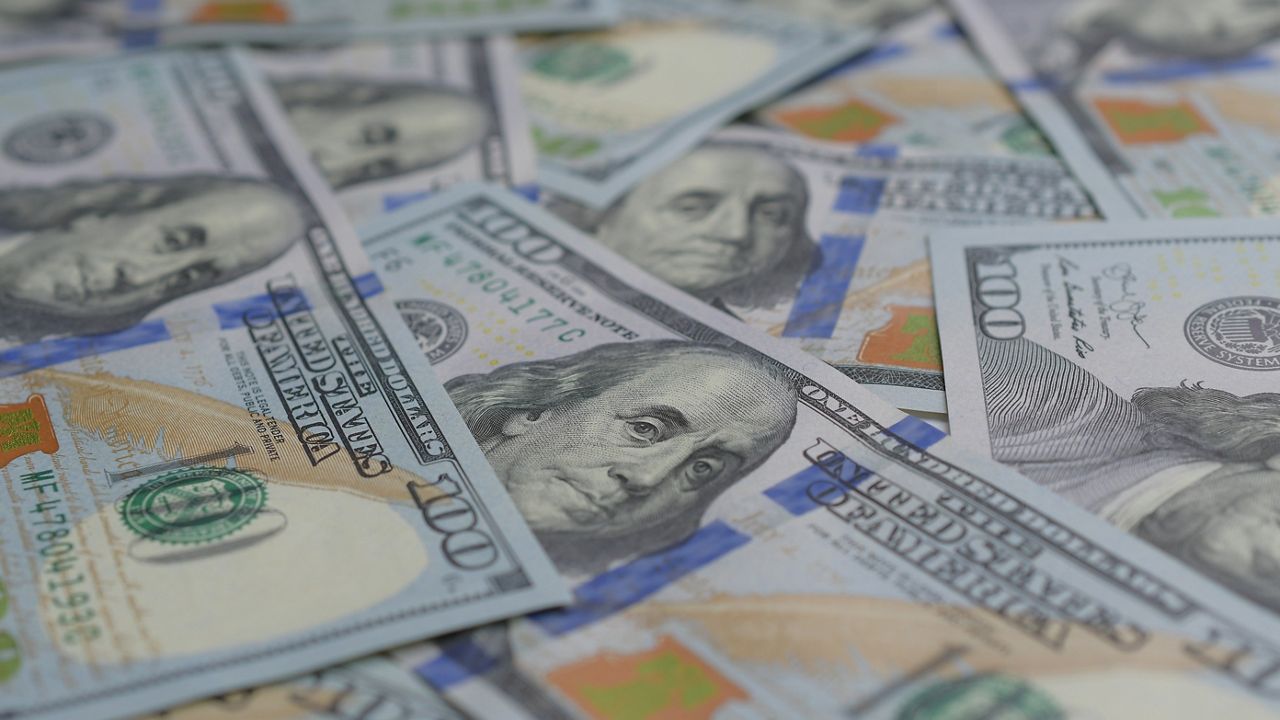As state lawmakers aim to pass a budget this week for New York, whether to increase taxes on upper-income New Yorkers and the financial industry has been central to the debate.
Business groups are making a final push to oppose the increase, which Democrats in the state Senate and Assembly estimate will generate billions of dollars in revenue to help bolster spending for schools and health care, among other programs in the budget.
The group Upstate United released a new analysis late last week pointing to the state's existing tax burden relative to other states and the effect of further increasing taxes on the state's economy.
The analysis pointed to a 2021 Tax Foundation report, which found New York ranked 48th in tax climate, in front of California and New Jersey.
“As special interests keep calling on Albany to raise taxes, our organization is committed to fighting for much-needed tax relief. Overburdened taxpayers continue to flee New York due, in part, to the state’s extraordinary tax burden,” said Justin Wilcox, the executive director of Upstate United. “Returning to the days of massive tax hikes and bloated budgets isn’t progressive, it’s problematic.”
Gov. Andrew Cuomo's top budget advisor this month said there was no need for a significant tax hike in the budget given higher-than-expected tax revenue and the aid package approved by Congress, which will send $12.5 billion in unrestricted direct aid to New York to offset pandemic losses.
“Thanks to the recent federal stimulus package and better-than-expected state tax collections, there’s ample resources for this year’s budget,” Wilcox said. “Moving forward, we’ll need to grow our way out of this problem. Washington isn’t going to come to our rescue every year. The sooner we can reopen businesses, rebuild our economy and revive our communities, the better.”
Still, progressive organizations in recent weeks have launched an extensive push for some form of a tax increase in the budget, due to pass by Wednesday. Democrats have introduced budget resolutions that would increase tax rates on those earning more than $2 million while also placing new taxes on investment earnings and second homes.


